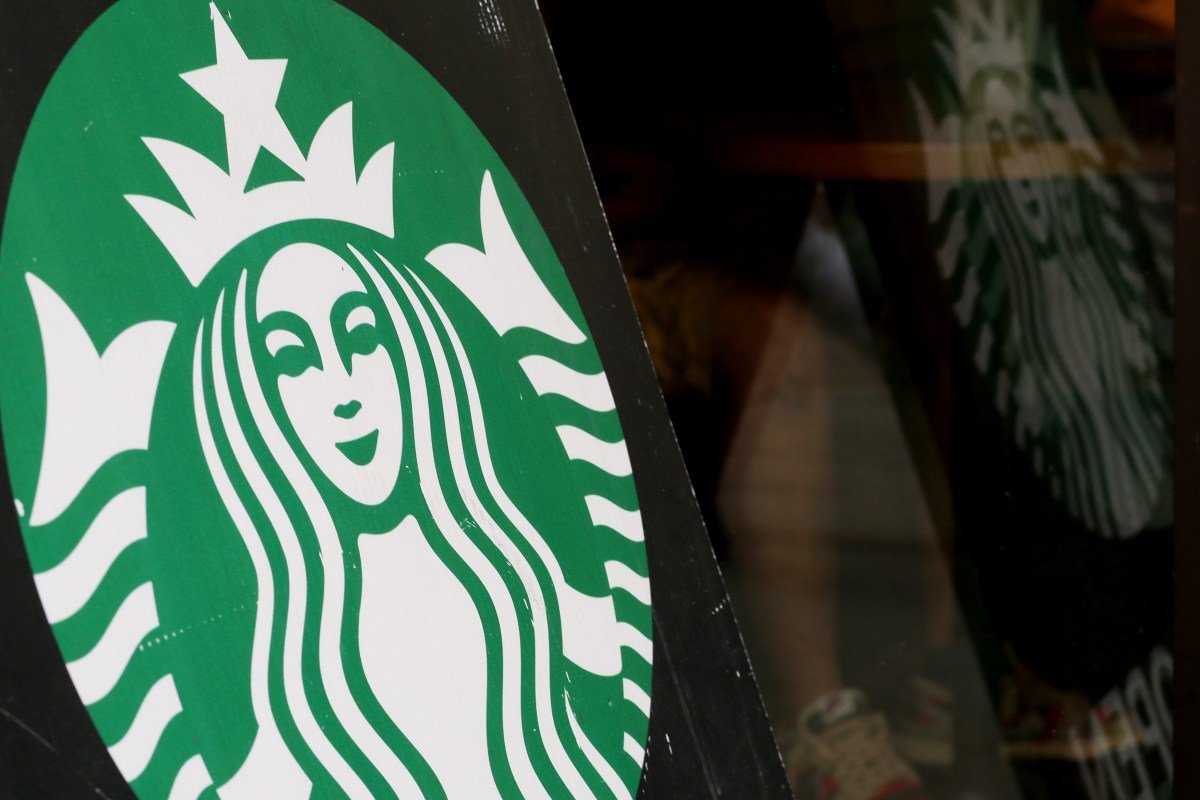Update: Starbucks Announces End of NFT Program and Plans for Future Innovations
On Friday, the popular coffee chain Starbucks revealed their decision to terminate their NFT program in order to “prepare for what comes next as we continue to evolve the program,” according to an FAQ page. This surprising announcement came only a month after the program’s lead, Steve Kaczynski, shared his uncertainty about his future at the company.
Original Interview with Steve Kaczynski from February 22:
In a recent conversation on the Chain Reaction podcast, Steve Kaczynski, co-author of “The Everything Token” and community lead for Starbucks Odyssey, shared his insights on the world of NFTs and its potential for brands and loyalty programs.
“Brand anchors” to gated areas, such as reward programs, are expected to be a key focus for companies in 2024, Kaczynski predicts. He shared on TechCrunch’s Chain Reaction podcast, “I think this year we’re going to see a lot of community-based brand building.”
In 2022, Starbucks made its first move into the web3 world with the launch of Starbucks Odyssey. This experience combined their Starbucks Rewards loyalty program with NFTs, designed to enhance customer experiences, as reported by TechCrunch.
“We’re able to help people find their tribe,” Kaczynski noted. “I’ve seen that people who live in California in the Starbucks Odyssey community are really good friends with people in Chicago and they have met up in real life at times. This never would have happened if not for web3.”
The loyalty program boasts a five-tiered system with over 58,000 active participants, with the majority not being web3 natives. Kaczynski reveals, “I can promise you those aren’t mostly or all web3 native people…it’s not just web3 people who are participating.”
Tier five loyalty program members purchased a “decent amount” off the secondary marketplaces, according to Kaczynski. As an example, in December, Starbucks announced that the top 20 participants would receive an opportunity to visit their coffee farms in Costa Rica.
NFTs offer potential for “third-party utilities,” which can benefit big companies, such as Starbucks and Nike, as well as smaller local businesses, who can use NFTs to create loyalty programs and incentivize customers with assets.
“Let’s say Hot Pockets, the food brand, put out a promotion where it would give a 20% discount to gamers if they bought the [brand’s] Fortnite skin and connected it to a crypto wallet,” Kaczynski proposed. “The purchaser is happy, the eater is happy and they get a discount and they’re in the ecosystem…This person isn’t just a gamer, they’re an active gamer who’s participating and willing to spend disposable income on third-party things.”
Often, NFTs are associated with expensive digital art, such as Bored Ape Yacht Club, but Kaczynski believes there is more value to be found. He compares owning an NFT to owning a physical piece of artwork in a museum.
“Imagine you go into a museum and you see a beautiful painting on the wall, you can take a picture of that painting but it’s not worth any money. The picture on the wall is worth money because the museum owns it, it’s the original and they can prove both of those things,” Kaczynski explained. “Up until recently you couldn’t do that with digital items” until NFTs came out.
The ability for brands and companies to buy, sell, and truly own loyalty through NFTs is a new concept that creates a more balanced relationship between a company and its customers, according to Kaczynski.
“While not all the community members engage in buying and selling…I think for a lot of people, having that optionality is so important,” he concluded.
This article was inspired by an episode of TechCrunch’s podcast Chain Reaction. Subscribe to Chain Reaction on Apple Podcasts, Spotify, or your favorite pod platform to hear more stories and tips from the entrepreneurs building today’s most innovative companies.
Connect with us:
- Twitter: @TechCrunch
- Chain Reaction Podcast: @TechCrunch
- Apple Podcasts: @TechCrunch
- Spotify: @TechCrunch








